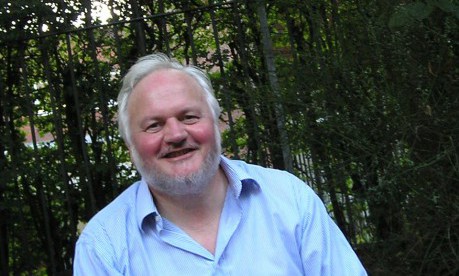In the days just before its publication, those involved in drafting the pope’s controversial eco-encyclical Laudato Si’ were much exercised about how it would be received by conservative critics.
But Pope Francis, Vatican insiders tell me, was unfazed. He remains so in the face of the onslaught of criticism that has indeed ensued.
The pope’s acceptance that global warming is almost certainly man-made has irked the vocal minority with more skeptical views. They say Francis has overlooked the ability of technology to provide solutions to climate change.
They’ve upbraided him for ignoring the role of free markets in lifting millions out of poverty. They’ve criticized his dismissal of birth control as the answer to an overcrowded planet.
The truth is that Francis saw all that coming. As the dust settles, after the whirlwind that accompanied its publication, closer examination of the encyclical reveals that the pope implanted within it strategies to rebut these attacks.
Laudato Si’ turns out to be one of the shrewdest documents issued by the Vatican during the past century. It has revealed Francis as a wily and sophisticated politician of the first order.
Francis learned a lesson from the American conservatives who branded his previous papal manifesto, Evangelii Gaudium, as Marxist. His eco-encyclical contains a raft of defenses against critics who dismiss it as the work of some kind of left-wing maverick.
The document takes its inspiration, like its name, from the writings of Francis of Assisi. The 13th-century saint, like his 21st-century namesake, combined a love for the poor, for peace and for nature.
But if the saint’s theology was new, the pope’s is traditional. Moreover, he has taken care to locate his text firmly in the substantial body of teaching set out by previous popes, including two beloved by American conservatives, John Paul II and Benedict XVI.
Francis also made a point — highly unusually — of referencing the pioneering eco-theology of the Orthodox Church, as well as citing no fewer than 18 teaching documents from Catholic bishops’ conferences around the world.
All this demonstrated his acute awareness of the importance of alliance-building on such a major issue. You are not, he was telling critics, dealing with just one man here. Continue reading
- Paul Vallely is visiting professor of public ethics at the University of Chester and the author of the forthcoming book “Pope Francis — The Struggle for the Soul of Catholicism.”
News category: Analysis and Comment.




